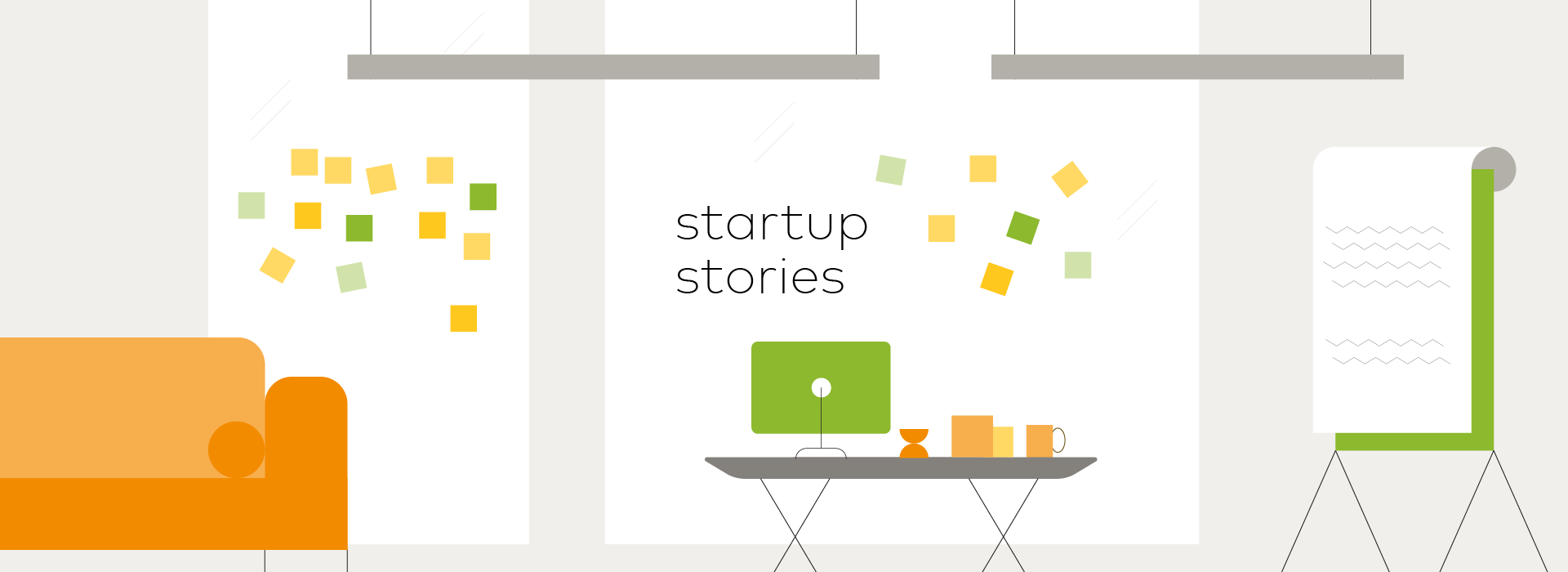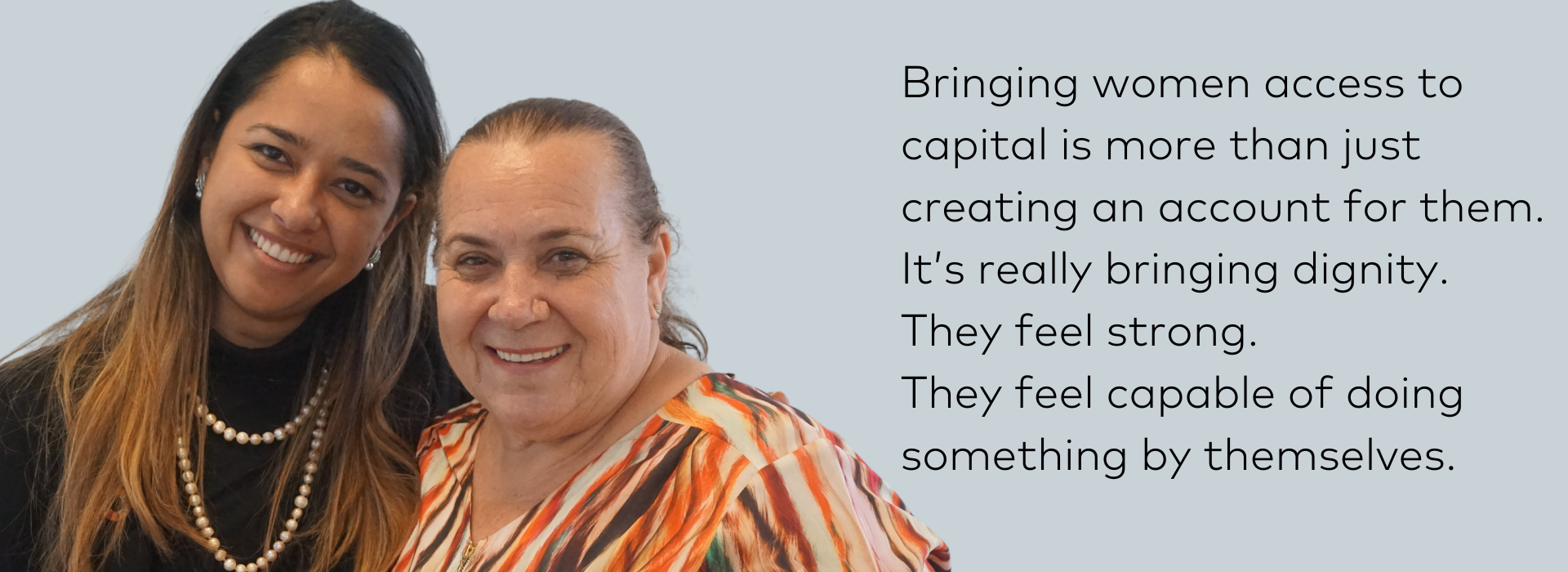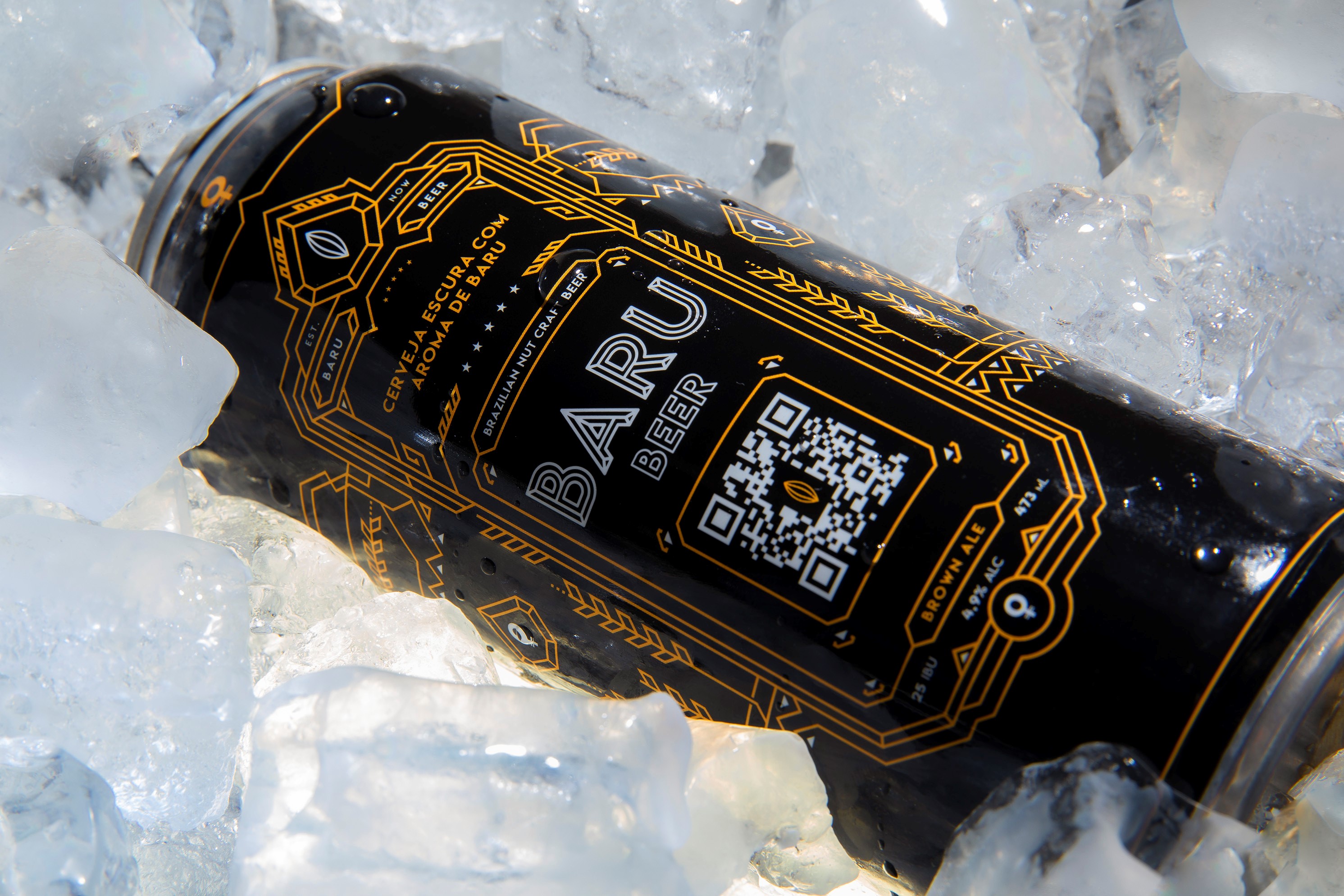How one Brazilian startup is using blockchain to revolutionize social investing (and beer!)
November 8, 2021 | By Peter C. Beller
Taynaah Reis grew up in Brazil watching her father use economics to help lift people out of poverty. In the ‘90s, he helped build a program that lent small amounts of money to rural family farmers making cheese, milk and handcrafts. They were able to use those funds to invest in their businesses and become entrepreneurs. The program still exists, having lent USD$30 billion in its first two decades.
“In my childhood, my dad used to take me to indigenous communities to meet farmers and sample their products,” says Reis, now 33. “I saw all of the challenges the women-owned businesses have.”
Reis knew she wanted to emulate her father’s work — but she’s doing it with a very modern twist. In 2015, with co-founders Brad Chun and Isabella Yu, she started Moeda Seeds Bank. The for-profit company offers banking, payments and micro loans via a purpose-built blockchain to take what’s come to be known as social investing to the next level. Moeda gives rural women entrepreneurs loans, business counseling and, through a partnership with Mastercard, debit cards so that they can turn cottage industries into commercial ventures.
For investors looking to make an impact, Moeda’s own cryptocurrency allows anyone, anywhere to invest as little as $1.50 into these ventures, while the blockchain makes it easy to track how their investment is distributed to those who need it.
This kind of impact investing isn’t new. Microlending in its modern form got its start in the early 1980s when Muhammad Yunus founded Grameen Bank to deliver small loans on easy terms to Bangladesh’s rural poor. The success of Grameen — which won the Nobel Peace Price in 2006 — inspired nonprofit and commercial copycats all over the world. But an ongoing problem for investors has been a lack of transparency. It’s easy to look at an income statement to see if a socially-focused fund has made money. It’s harder to confirm that the borrowers meet the criteria promised by the fund, and that it’s actually living up to its social promises.

Moeda Seeds Bank co-founder Taynaah Reis, left, with Divina Dias Borges Moura, the head of the Brazilian cooperative that creates a Guinness-style beer out of baru nuts. Photo courtesy of Moeda.
Moeda attacks this problem through the blockchain, which creates a giant, shared ledger where every transaction is securely recorded and stored. It’s a transparent, permanent database that is extremely difficult to hack. Using blockchain, the company issued its own free-floating cryptocurrency and a stablecoin that is pegged to Brazil’s currency. Investors buy the first coin on an exchange and choose a project to fund. Moeda exchanges the cryptocurrency for the stablecoin so that the value of the investment, and the loan, don’t fluctuate. Because both currencies operate on a blockchain, investors and borrowers can easily see where their coins have been and how they are distributed.
The company raised $20 million through an initial coin offering in 2017 and linked up with its first borrower in 2018, a rural cooperative of 170 women who harvest baru nuts, a wild chestnut that the women were selling — without much luck — mostly as food.
The company raised $20 million through an initial coin offering in 2017 and linked up with its first borrower in 2018, a rural cooperative of 170 women who harvest baru nuts, a wild chestnut that the women were selling — without much luck — mostly as food.

Moeda helped the co-op leaders put together a business plan and find an alternative use for the nuts: as a base for beer. They were able to set up a small-scale brewery and their first batch of dark, Guinness-like baru beer sold out in a few months, bringing in perhaps five times the value of the raw materials. The co-op was able to pay off its loan then and there, netting Moeda and its investors a profit and launching a business at the same time.
“Bringing women access to capital is more than just creating an account for them,” Reis says. “It’s really bringing dignity. They feel strong. They feel capable of doing something by themselves.”
To date, Moeda has funneled roughly $1 million into 28 projects, using capital raised through the coin offering. The private company is in the process of raising additional funds, this time from more traditional sources such as venture capital, to expand to other regions and to finance as many as 2,000 projects, Reis says. In 2021, Moeda also joined Mastercard’s Start Path engagement initiative, a program within the company’s fintech portfolio Mastercard Developers. Through the program Reis has already connected to potential partners large and small.
“There doesn't need to be a tradeoff,” Reis says. “You can do good and do well.”